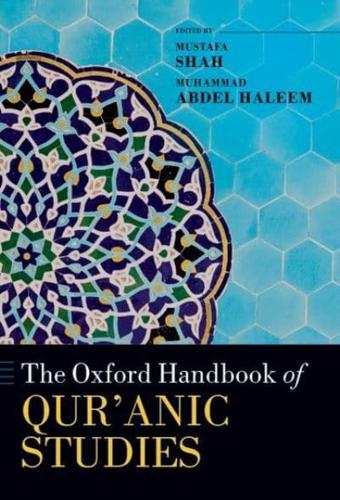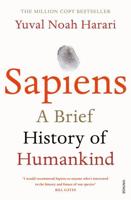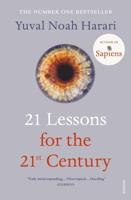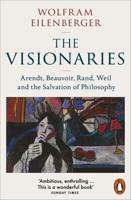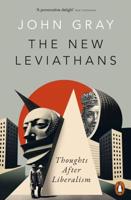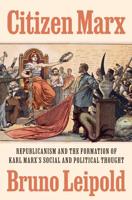Publisher's Synopsis
Traditionally revered as the literal word of God, the Qur'an serves as Islam's sacred book of revelation. Accordingly, its statements and pronouncements rest at the core of the beliefs and teachings that have inexorably defined expressions of the Islamic faith. Indeed, over the centuries, engaging with and poring over the contents of the Qur'an inspired an impressive range of traditional scholarship. Notwithstanding its religious pre-eminence, the Qur'an is also considered to be the matchless masterpiece of the Arabic language and its impact as a text can be discerned in all aspects of the Arabic literary tradition. Presenting contributions from leading experts in the field, The Oxford Handbook of Qur'anic Studies offers an authoritative collection of chapters that guide readers through the gamut of themes, subjects, and debates that have dominated the academic study of the Qur'an and its literary heritage. These range from chapters that explore the text's language, vocabulary, style, and structure, to detailed surveys of its contents, concepts, transmission, literary influence, historical significance, commentary tradition, and even the scholarship devoted to translations. With the aim of serving as an indispensable reference resource, the Handbook assesses the implications of research discourses and discussions shaping the study of the Qur'an today. There exists no single volume devoted to such a broad review of the scholarship on the Qur'an and its rich commentary tradition.
